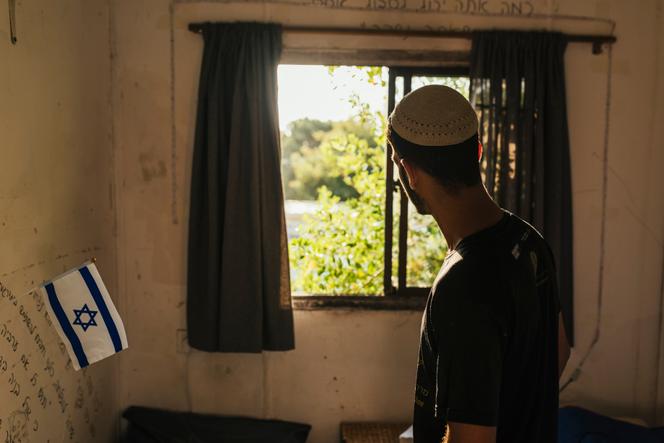


Although the procedure has been managed with discretion, it has already caused a stir, and could lead to a resounding decision in 2024. Since the beginning of the year, the International Court of Justice (ICJ), the UN body responsible for arbitrating disputes between countries, has been working on the highly sensitive issue of Israel's occupation of the Palestinian territories as a result of a resolution adopted by the United Nations General Assembly on December 30, 2022, by 87 countries, with 53 abstentions and 26 votes against.
The court is to rule on "the legal consequences arising from Israel’s ongoing violation of the right of the Palestinian people to self-determination, its prolonged occupation, settlement and annexation of the Palestinian territory occupied since 1967." In other words, the judges are charged with ruling on the legality of Israel's occupation about five years after it began. The judges' opinion is not binding, but their voice carries weight. "It's a nightmare for the Israelis that this issue is now in the hands of international justice," said a European diplomat.
States that are parties to the ICJ had until July 25 to submit a written brief, if they so wished. Fifty-four countries, including the five members of the UN Security Council, and three international organizations – the African Union, the Arab League and the Organization of Islamic Cooperation – have expressed their views. These contributions will be made public at the start of the hearings, which will take place in The Hague in a few months. The judges' opinion is not expected before the summer or even the end of next year.
According to information gathered by Le Monde from sources involved in the proceedings, the vast majority of written submissions recognize the court's authority. This is the case with the one submitted by France. While Paris abstained during the vote at the General Assembly, the 20-page text, drawn up by the French Foreign Affairs Ministry, "reaffirms the illegal nature of the colonization; recalls the legal obligations of the occupier in the occupied territories, including East Jerusalem; and notes the risk of annexation by fait accompli," a source close to the case told Le Monde.
Only a dozen of the 57 submissions contest the referral to the ICJ, including one from the United Kingdom. In a 43-page document seen by Le Monde, London argues that the court does not have the means to deal with such a complex issue, especially since Israel has not consented to it. The UK also considers that to issue such a legal opinion would be in contradiction with the Oslo Accords and certain UN resolutions.
You have 63.74% of this article left to read. The rest is for subscribers only.
